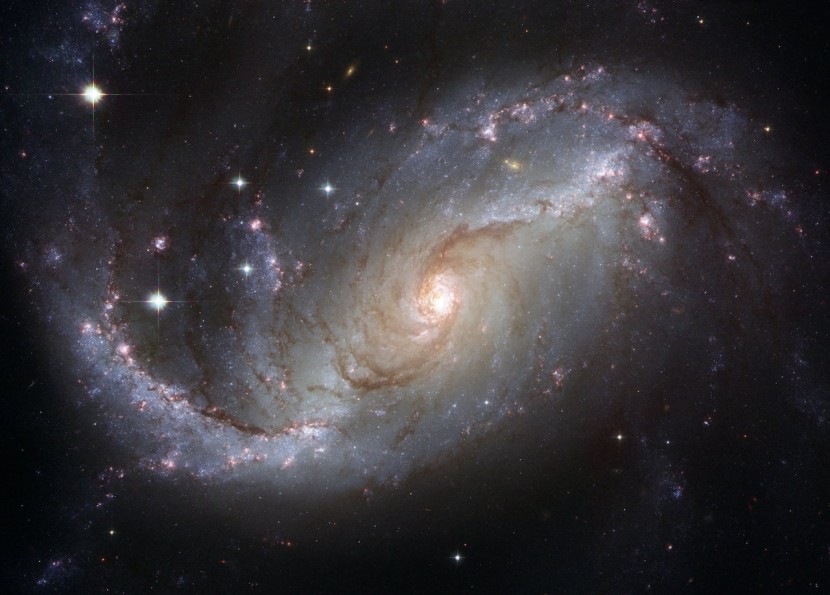
Scientists with NASA are trying to investigate dark energy in order to understand more about the mysterious mass in the universe and have opted to test gravity to learn more about it.
Experts have long been baffled by the rapid expansion of the universe because there is no definitive proof of what is causing the phenomenon. It seems to contradict everything researchers understand about gravity's effect on the cosmos.
Studying Gravity
It is as if an apple is thrown in the air and it continues to move upward at a continuously increasing speed. The cause of the acceleration, dubbed dark energy, has remained a complete mystery.
Now, a new study from the international Dark Energy Survey is using the Victor M. Blanco 4-meter Telescope in Chile. It marks the latest effort to determine whether or not this is all simply a misunderstanding: that expectations for how gravity works at the scale of the entire universe are flawed or incomplete.
This potential misunderstanding of the cosmos might help scientists explain dark energy, but the study, one of the most precise tests yet of Albert Einstein's theory of gravity at cosmic scales, finds that the current understanding still appears to be correct, as per NASA.
The study, conducted by a group of scientists that includes some from NASA's Jet Propulsion Laboratory, had its results presented on Wednesday, Aug. 23, at the International Conference on Particle Physics and Cosmology (COSMO'22) in Rio de Janeiro.
The team's work helps set the stage for two upcoming space telescopes that will probe our understanding of gravity with even higher precision than the new study and perhaps finally solve the mystery of dark energy.
According to Phys.org, Einstein developed his Theory of General Relativity more than a century ago to describe gravity. So far, it has accurately predicted everything from the orbit of Mercury to the existence of black holes.
Mystery of Dark Matter
However, the theory is unable to explain dark energy, some scientists argued, and thus maybe needs to be modified with some equations or add new components. Members of the Dark Energy Survey, in an effort to find out the truth, looked for evidence that gravity's strength has varied throughout the universe's history or over cosmic distances.
A positive finding would indicate that Einstein's theory is incomplete, which could help explain the universe's rapid expansion. The team also examined data from other telescopes in addition to Blanco, including the ESA (European Space Agency) Planck satellite, and reached the same conclusion.
The situation comes as an international team of researchers led by Japan's Nagoya University discovered traces of dark matter surrounding galaxies located roughly 12 billion light-years away. In their findings, they claimed that this is the earliest evidence of dark matter in the universe.
The team suggested that the fundamental rules of cosmology may have been entirely different when the universe was born around 13.7 billion years ago. The study also said that most of the previously conducted studies cannot analyze dark matter beyond eight to 10 billion years ago, which leaves a questionable window of time between the said period and the birth of the universe, the Republic World reported.
Related Article:
Scientists Explain the Mystery Why Carbon Monoxide Is Not Found in Protoplanetary Disks








